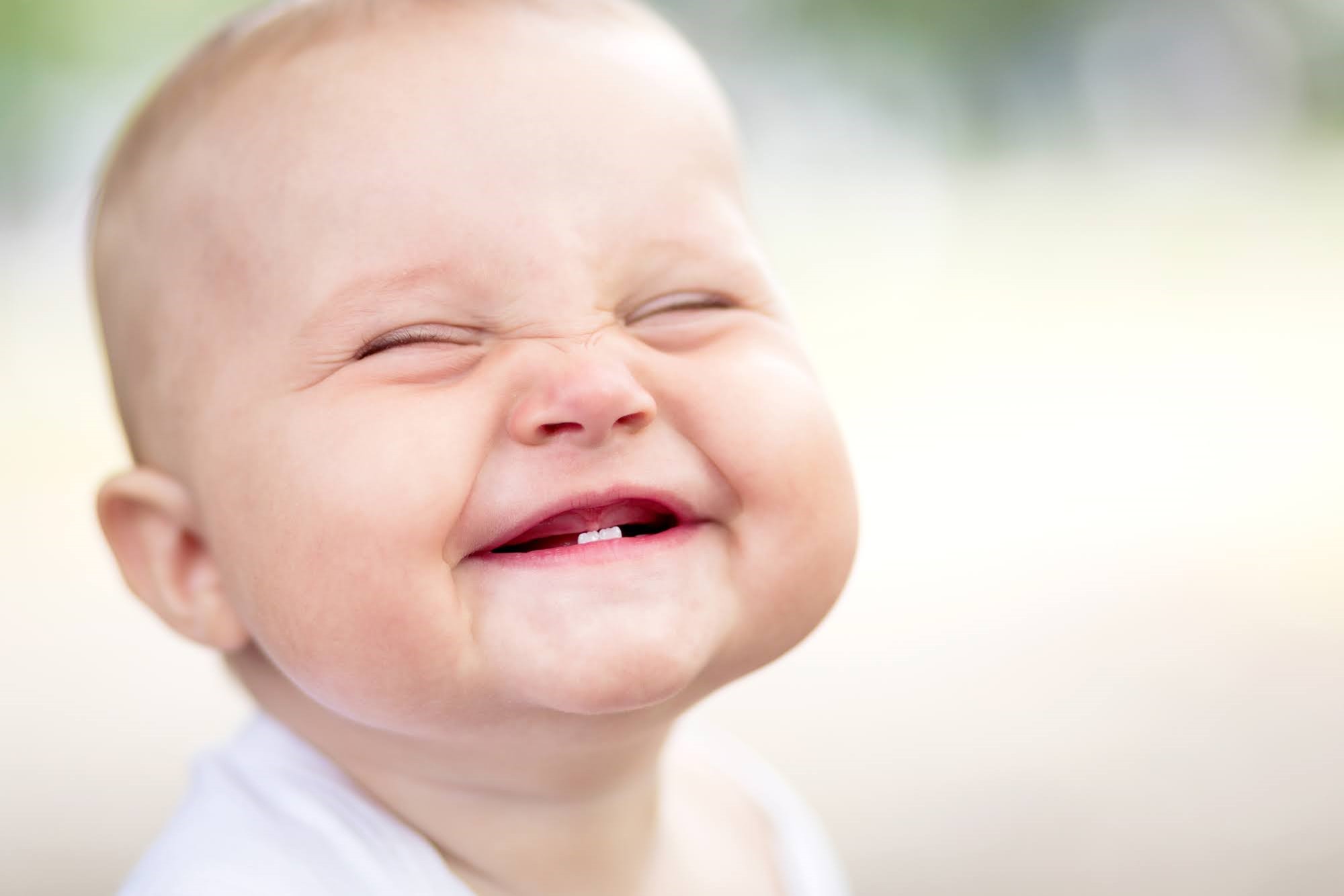 Dental hygiene is an important aspect of maintaining overall health, especially for children. The teeth and gums are the first line of defense against bacteria and viruses that enter our body through food and drinks. Teaching children good oral hygiene at an early age can help prevent cavities, tooth decay, gingivitis, and other dental problems in the future.
Dental hygiene is an important aspect of maintaining overall health, especially for children. The teeth and gums are the first line of defense against bacteria and viruses that enter our body through food and drinks. Teaching children good oral hygiene at an early age can help prevent cavities, tooth decay, gingivitis, and other dental problems in the future.
In this guide, discover some important dental hygiene tips for children and how to make it a fun experience.
Start Early
It is never too early to start teaching your child about dental hygiene. As soon as their first tooth appears, you can start cleaning it with a soft, damp cloth or an infant toothbrush. This will help get them used to the feeling of having their teeth cleaned and establish a routine from an early age. As they grow, you can introduce them to a toothbrush and teach them how to brush their teeth properly.
Brush Twice a Day
Brushing twice a day is essential for maintaining good dental hygiene. It helps remove plaque, bacteria, and food particles that can cause cavities and tooth decay. Make sure your child brushes their teeth in the morning after breakfast and before going to bed at night. This will help prevent bacteria from building up overnight.
Use Fluoride Toothpaste
Fluoride is a mineral that helps strengthen tooth enamel and protect against cavities. When choosing a toothpaste for your child, make sure it contains fluoride. However, be mindful of your child's age and use an appropriate amount of toothpaste. For children under three years old, use a smear of toothpaste the size of a grain of rice, and for children between three to six years old, use a pea-sized amount.
Teach Proper Brushing Techniques
Teach your child how to brush their teeth properly using small circular motions and gentle pressure on all sides of the teeth. Make sure they brush their tongue as well to remove bacteria and freshen their breath. Encourage them to spit out the toothpaste after brushing, but avoid rinsing with water immediately afterward, as it can wash away the fluoride.
Floss Daily
Flossing is an essential part of good dental hygiene that should not be overlooked. It helps remove plaque and food particles from between teeth where a toothbrush cannot reach. As soon as your child's teeth start touching each other, you can introduce them to flossing. Use kid-friendly floss picks or a small piece of floss wrapped around their fingers to make it easier for them.
Limit Sugary Snacks and Drinks
Sugary snacks and drinks can cause tooth decay if consumed in excess. Limit your child's intake of sugary treats, including candy, cookies, and soda. Instead, offer healthier snack options like fruits, vegetables, cheese, and nuts. If your child does consume sugary food or drinks, make sure they brush their teeth afterward to prevent bacteria from feeding on the sugars.
Visit the Dentist Regularly
Regular dental checkups are crucial for maintaining good oral hygiene. Take your child to the dentist every six months for a routine checkup and cleaning. The dentist can also detect any potential problems early on and provide necessary treatments. Make sure to schedule appointments in advance so you do not miss one.
Lead by Example
Children learn by observing their parents, so make sure you lead by example when it comes to dental hygiene. Let your child see you brushing and flossing your teeth regularly. This will not only encourage them to follow suit but also make it a fun activity to do together. You can also use colorful toothbrushes and toothpaste to make it more enjoyable.
Make it Fun
Brushing and flossing can seem like a mundane task to children, but you can make it fun by incorporating it into their routine. Play their favorite song or set up a two-minute timer to make sure they brush for the recommended time. You can also use fun toothbrushes with their favorite cartoon characters or let them choose their toothpaste flavor. And do not forget to praise and reward them for their efforts.
Teaching children good dental hygiene habits at an early age is essential for maintaining their overall health. By following these tips, you can help your child develop a healthy oral care routine that will last a lifetime. If you follow these tips, you can watch your child's smile shine bright! Let's make oral hygiene fun for our little ones!
And when the time comes to take them to the dentist, schedule their visit to Dentistry for Children and Adolescents. We look forward to helping your child maintain a beautiful smile for years to come! Let us know of any specific questions, concerns, or requests you or your child may have. We will do our best to make your child's time with us fun and enjoyable.
